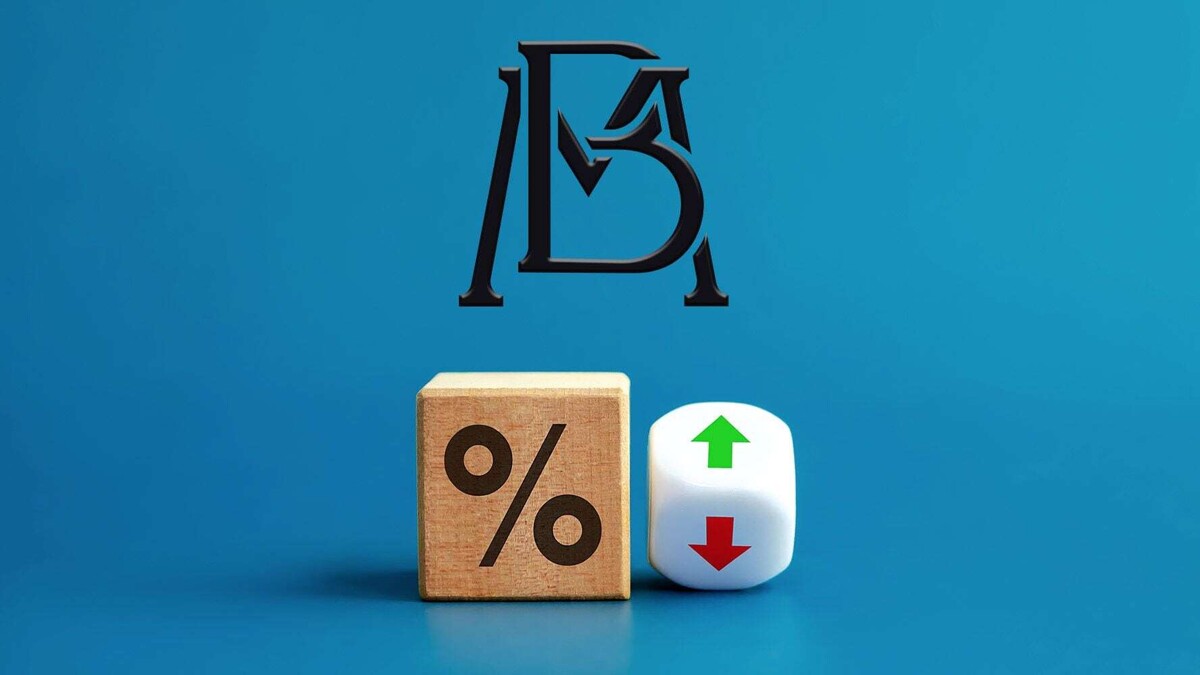
The recent adjustment in interest rates in Mexico responds to the moderation of inflation, which reached just above 3% in January, allowing the Bank of Mexico (Banxico) to adopt a more flexible monetary stance. Although this price stability is positive, there are risks to consider in the balance between economic growth and macroeconomic stability.
There is a challenge to find a middle ground that avoids uncontrolled credit growth, which could lead to an increase in demand for goods and services above supply, putting upward pressure on prices and driving inflation up again. The Mexican economy is strongly influenced by its trade relations with the United States and Canada, so any changes in this regard can impact investment flows.
Factors such as uncertainty in the United States, possible fluctuations in the exchange rate, and reactions from foreign investors are elements that the Bank of Mexico must consider carefully. The reduction in interest rates has a direct impact on consumption: by lowering rates, the financial assets of the country become less attractive to international investors, potentially causing a capital outflow that puts downward pressure on the Mexican currency against the dollar.
The moderate depreciation of the peso could benefit exports, but it is crucial to await future decisions on tariffs that could generate inflationary pressures. The combination of global, political, and economic factors, such as the protectionist policy of the United States and possible changes in immigration policy, adds an additional level of uncertainty to the situation.
Beyond its impact on domestic consumption, the reduction in rates also affects foreign investment and the exchange rate, facilitating the borrowing of households and businesses, particularly in sectors like real estate and automotive. The year 2025 presents itself as a challenging and volatile period for Mexico, which must make decisions considering the global landscape and its possible consequences.
The decrease in interest rates aims to boost economic growth and employment, but there is a risk of economic overheating. In this context, Banxico's deputy governor, Jonathan Heath, has highlighted the importance of acting cautiously and prudently in the country's economic decisions. Reducing interest rates can be a powerful tool to stimulate the economy, but Banxico must be careful to protect financial stability in the face of an uncertain and challenging global scenario.













